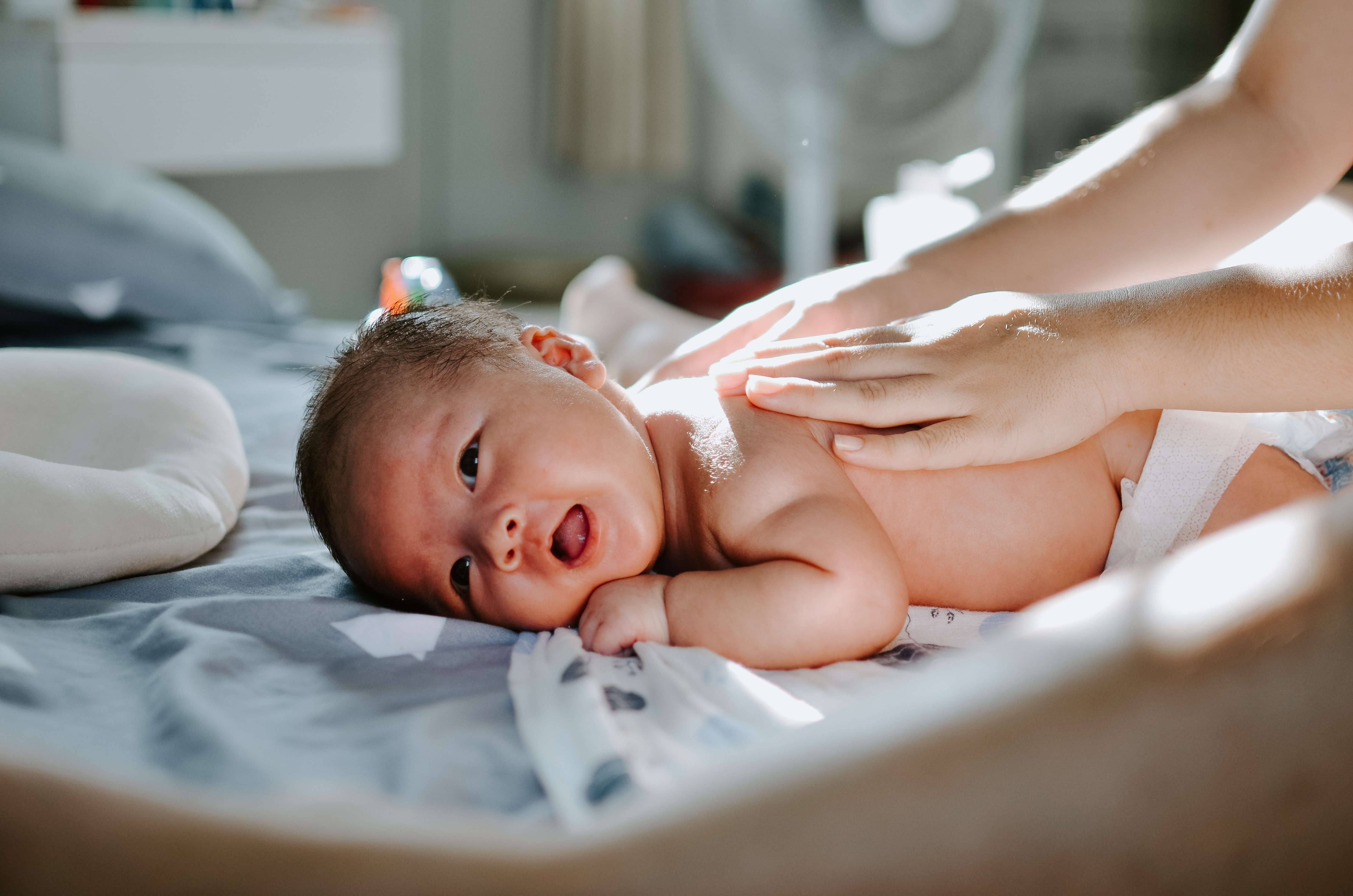News release
From:
Mental health difficulties are common for parents during pregnancy and after the birth of a baby. Rates of parental depression and anxiety are high in New Zealand, and we have a particularly high rate of maternal suicide compared with other countries. This is contributed to by significant inequities in suicide risk for pregnant and postpartum women, and wāhine Māori are much more likely to die by suicide than NZ European women. Paid parental leave is protective against poorer mental health outcomes in mothers, including depression, psychological distress and burnout. There are also positive physical and mental health effects for children.



 New Zealand
New Zealand


